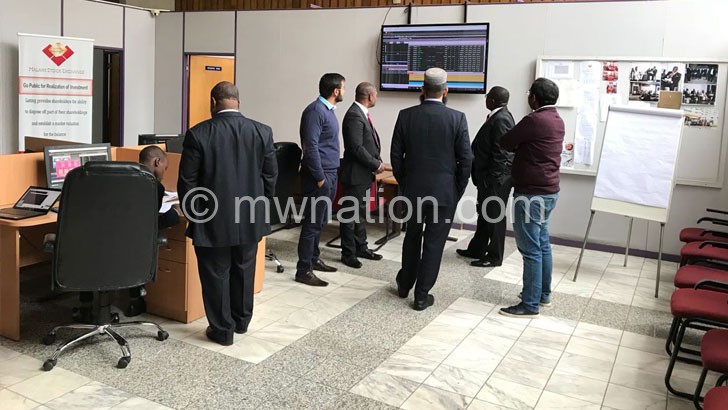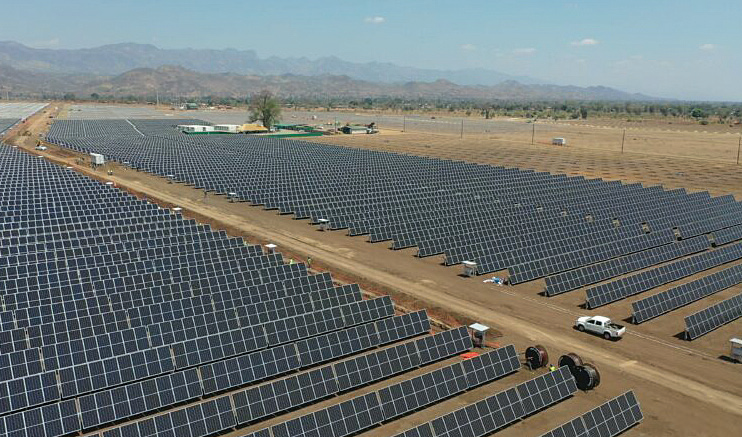Mixed fortunes for job market
The employment rebound from the Covid-19 pandemic shock has been highly varied and uneven, with employment levels declining since early 2022, the Malawi High-Frequency Phone Survey has shown.
The survey, conducted by the National Statistical Office (NSO) in collaboration with the World Bank’s Living Standards Measurement Study, shows that amid a challenging business environment, farming continues to occupy a larger share of Malawians than before Covid-19 while the significance of family business has declined.

On the skills segment, the survey shows that employment has recovered with a bias towards higher-skilled jobs.
Reads in part the survey findings: “A challenging business environment also means that Malawians are pursuing different activities to make a living. Farming continues to occupy a larger share of Malawians than before Covid. Family businesses used livelihood for one in three Malawians before Covid-19, but by 2022, this has been reduced to one in six.”
“By March 2020, about 30 percent of the respondents were not working while 28 percent were in family business, with about 22 percent owning a business while 16 percent were employed by someone else and the rest were in other employment.”
But as at March 2023, about 20 percent of the respondents were not working while 40 percent were in family farming, with about 10 percent owning a business while 20 percent were employed by someone else and the rest were in other employment, the survey shows.
Meanwhile, a World Bank analysis of data from Malawi’s largest jobs website, MyJobo.com, which has over 100 000 subscribers, shows that the skilled segment, has recovered since the pandemic, driven by the increased posting of public sector jobs.
It shows that the number of jobs advertised on the MyJobo online platform rose from about 300 in March 2020 to about 500 in March 2023.
During the year, the International Labour Organisation projected unemployment in Malawi and other low-income countries in Africa to rise with economic vulnerabilities expected to increase and lead to greater indebtedness among workers and the deterioration of working conditions for many employees.
Employers Consultative Association of Malawi executive director George Khaki observed that rising inflation, shortage of foreign exchange and lack of reliable and adequate electricity are some of the reasons industry is unable to create as many jobs as envisaged after the Covid-19 pandemic.
“Moving forward, the government needs immediate and long-term plans to address these challenges to create a conducive environment for industries to strive,” he said.
Meanwhile, the Ministry of Labour has also forecasted slow growth of about 0.6 percent in the creation of new jobs between this year and 2024.
Ministry of Labour figures projected that 217 560 jobs will be created by the end of the last financial year, a figure which according to the ministry is a 35 percent jump from the 161 717 created in 2021.





